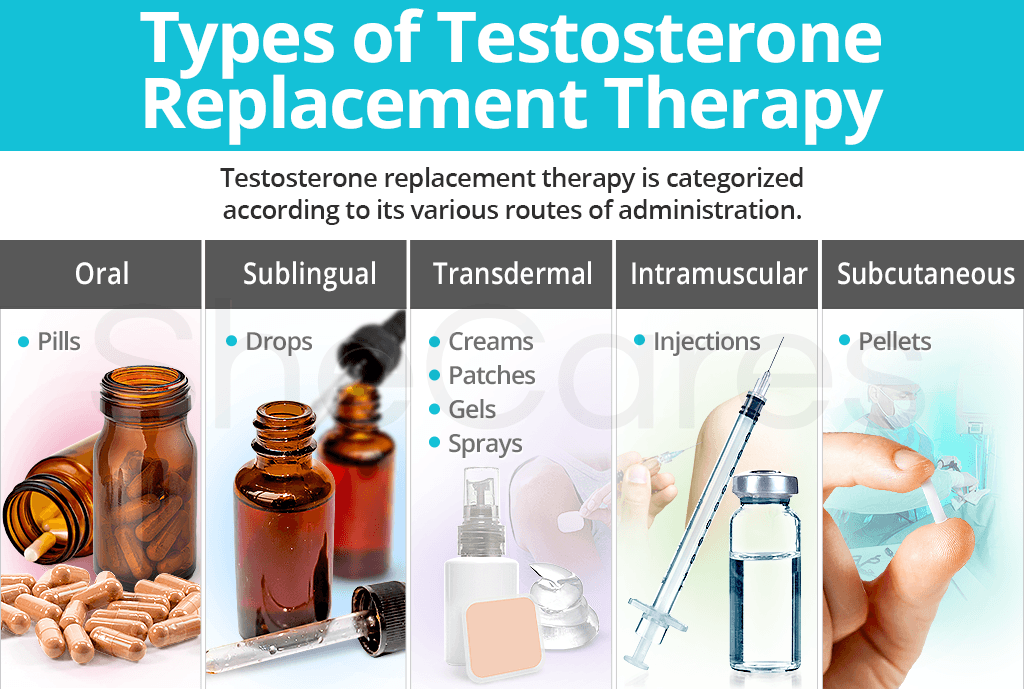The Power of Balance: Exploring Testosterone and Hormone Replacement Therapy
In the vast landscape of human health, hormones play a vital role in regulating countless physiological processes. One hormone that often takes the center stage is testosterone, commonly known as the male sex hormone. Beyond its role in sexual development and reproduction, testosterone also influences various aspects of physical and mental well-being for both men and women. However, as individuals age or experience certain medical conditions, their testosterone levels may decline, leading to a range of symptoms and concerns. This is where hormone replacement therapy (HRT) comes into play, offering potential benefits for those seeking to restore balance and optimize their overall health. In this article, we will delve into the intriguing world of testosterone and explore the fascinating effects and applications of hormone replacement therapy.
Understanding Testosterone
Testosterone is a naturally occurring hormone in both males and females, although it is found in higher levels in males. It plays a crucial role in regulating various bodily functions, including the development of sexual characteristics, muscle growth, and even mood regulation.
In males, testosterone is primarily produced by the testicles, while in females, it is produced in smaller amounts by the ovaries and adrenal glands. This hormone is responsible for the deepening of the voice, increased facial and body hair growth, as well as the development and maintenance of muscle mass.

Testosterone acts as a vital element in promoting overall health and well-being. It contributes to bone density and strength, which helps prevent osteoporosis and fractures, especially as individuals age. It also supports cognitive function, including memory and concentration, and aids in the production of red blood cells, ensuring proper oxygen delivery throughout the body.
Additionally, testosterone influences sexual desire and performance, as it plays a significant role in the development and regulation of libido. However, it is essential to note that testosterone levels naturally decline with age, and this can lead to various symptoms, such as fatigue, decreased muscle mass, decreased sex drive, and even mood changes.
Understanding the significance of testosterone and its role in the body lays the foundation for exploring the potential benefits of hormone replacement therapy (HRT) as a treatment option. By supplementing testosterone levels, individuals experiencing low testosterone can potentially regain balance in their physical and emotional well-being.
Benefits of Hormone Replacement Therapy
-
Improved Sexual Function: Testosterone plays a crucial role in maintaining sexual health, and hormone replacement therapy can help individuals experiencing sexual difficulties. By increasing testosterone levels, this therapy can enhance libido, improve erectile function, and increase overall sexual satisfaction.
-
Increased Bone Density: Testosterone plays a significant role in promoting bone health and density. Hormone replacement therapy can help prevent osteoporosis and reduce the risk of bone fractures, particularly in individuals with low testosterone levels. This treatment can help maintain strong and healthy bones, reducing the likelihood of developing bone-related issues.
-
Enhanced Mood and Energy Levels: Low testosterone levels are often associated with fatigue, decreased motivation, and mood swings. Hormone replacement therapy can alleviate these symptoms by increasing testosterone levels, resulting in improved energy levels, a more positive mood, and enhanced overall well-being.
Please note that before embarking on hormone replacement therapy, it is crucial to consult with a healthcare professional who can evaluate your specific situation and provide personalized advice.
Considerations and Risks
-
Understanding the importance of proper evaluation
Before beginning hormone replacement therapy, it is crucial to undergo a thorough evaluation conducted by a qualified healthcare professional. This evaluation helps determine if hormone replacement therapy, particularly for testosterone, is suitable for you. The assessment may involve medical history review, physical examination, and laboratory tests to measure hormone levels accurately. The purpose of this evaluation is to ensure that hormone replacement therapy is approached with caution and in alignment with individual medical needs. -
Potential risks and side effects
Hormone replacement therapy, including testosterone replacement, may carry certain risks and side effects that need to be considered. Possible risks can range from minor discomforts to more severe complications, although the likelihood of experiencing adverse effects can vary among individuals. Some common side effects of testosterone replacement therapy include acne, fluid retention, breast enlargement, and mood swings. It is essential to discuss these potential risks with your healthcare provider to make an informed decision about proceeding with hormone replacement therapy. -
Monitoring and regular follow-up
Once hormone replacement therapy begins, regular monitoring and follow-up appointments are crucial to ensure its effectiveness and safety. Monitoring typically involves periodic blood tests to check hormone levels and assess overall health. This close monitoring allows healthcare professionals to make any necessary adjustments to the treatment plan and evaluate the impact of the therapy. Ongoing communication and collaboration with your healthcare provider are vital to address any concerns, manage potential side effects, and optimize the benefits of testosterone replacement therapy.
Remember, understanding the considerations and risks associated with hormone replacement therapy, specifically testosterone replacement, is crucial in making informed decisions about your health and well-being. Always consult with a qualified healthcare professional to assess your individual situation and determine the best course of action.